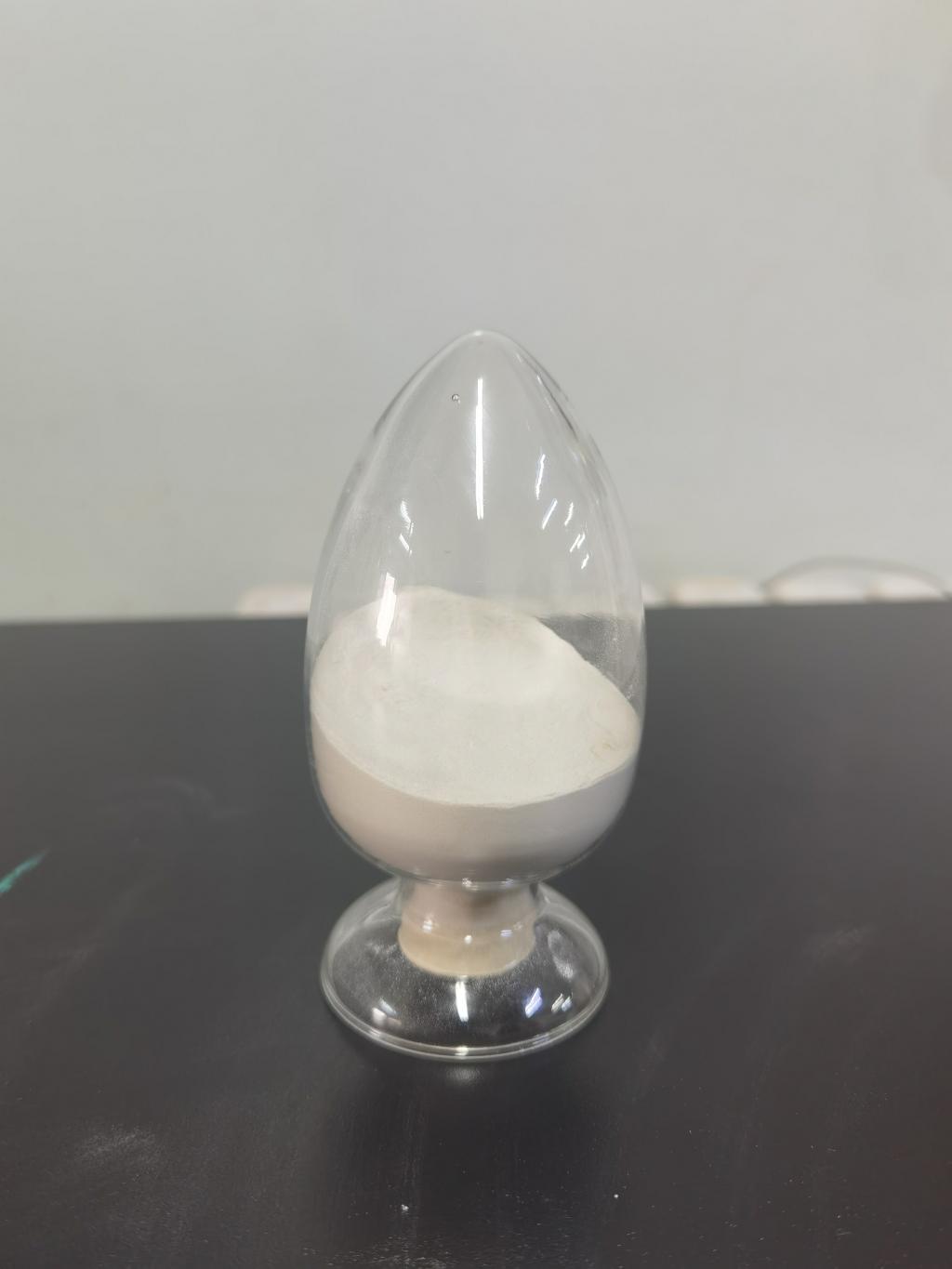Tel:+8618231198596

News
 CONTACT
CONTACT
 CONTACT
CONTACT
- Linkman:Linda Yao
- Tel: +8618231198596
- Email:linda.yao@dcpharma.cn
- Linkman:CHARLES.WANG
- Department:Overseas
- Tel: 0086 0311-85537378 0086 0311-85539701
News
Nisin's Application in Biomedical Fields: Beyond the Kitchen
TIME:2024-01-24
I. Nisin: A Brief Overview
A. Historical Perspective
Discovered in the early 20th century, nisin has been traditionally used as a natural preservative in the food industry due to its potent antimicrobial properties. It is produced by certain strains of lactic acid bacteria, with its safety and efficacy well-established in food preservation.
B. Mechanism of Action
Nisin's antimicrobial activity is attributed to its ability to disrupt bacterial cell membranes, causing pore formation and subsequent cell death. This targeted mechanism has paved the way for its exploration in biomedical fields, where its selectivity against bacteria is leveraged for various applications.
II. Antibacterial Applications in Medicine
A. Wound Healing
Nisin has shown promise in promoting wound healing by preventing bacterial infections. Its antimicrobial activity against a wide range of bacteria, including drug-resistant strains, makes it a potential candidate for topical applications to reduce the risk of infections in wounds and ulcers.
B. Biofilm Disruption
Bacterial biofilms pose a significant challenge in medical settings, as they are associated with chronic infections and increased antibiotic resistance. Nisin's ability to disrupt biofilms makes it a valuable tool in combating infections related to medical devices, such as catheters and implants.
C. Treatment of Antibiotic-Resistant Infections
The rise of antibiotic-resistant bacteria has spurred interest in alternative treatments. Nisin, with its distinct mode of action, presents a potential solution for combating infections that do not respond to traditional antibiotics. Research is ongoing to explore its efficacy against various multidrug-resistant bacterial strains.
III. Nisin in Anticancer Research
A. Antiproliferative Properties
Beyond its antibacterial properties, nisin has demonstrated antiproliferative effects on certain cancer cells. Studies have shown that nisin induces apoptosis (programmed cell death) in cancer cells while sparing normal cells, making it a promising candidate for anticancer therapies.
B. Mechanisms of Anticancer Activity
Nisin's anticancer effects are thought to involve multiple mechanisms, including interference with cell membrane integrity, modulation of cell signaling pathways, and induction of apoptosis. The selectivity of nisin towards cancer cells provides a potential avenue for targeted cancer therapies with fewer side effects.
C. Preclinical Studies
Preclinical studies involving animal models have shown encouraging results regarding nisin's potential as an anticancer agent. These studies have explored its effectiveness against various types of cancer, including breast cancer, colon cancer, and prostate cancer. The findings provide a foundation for further clinical investigations.
IV. Immunomodulatory Effects
A. Immune System Modulation
Nisin's influence extends beyond its direct antimicrobial and anticancer effects to modulation of the immune system. Research suggests that nisin may enhance the activity of immune cells, such as macrophages and T cells, contributing to a bolstered immune response against infections and tumors.
B. Potential in Autoimmune Disorders
The immunomodulatory properties of nisin raise the possibility of its application in autoimmune disorders. While this area of research is in its early stages, the ability of nisin to fine-tune immune responses may offer novel approaches for managing autoimmune conditions.
V. Challenges and Considerations
A. Bioavailability and Stability
One of the challenges in translating nisin's potential into clinical applications is ensuring its bioavailability and stability within the human body. Researchers are exploring delivery systems and formulations to enhance nisin's effectiveness when administered in various medical contexts.
B. Regulatory Approval
As with any novel therapeutic agent, regulatory approval is a crucial step in bringing nisin-based treatments to the clinic. Ensuring safety, efficacy, and standardization of nisin-based therapies will require collaboration between researchers, regulatory agencies, and pharmaceutical companies.
VI. Future Directions and Conclusion
A. Potential for Personalized Medicine
The diverse applications of nisin in medicine, from antibacterial treatments to anticancer therapies, suggest a potential for personalized medicine approaches. Tailoring nisin-based treatments to individual patient profiles could maximize efficacy while minimizing side effects.
B. Collaboration and Multidisciplinary Research
The future development of nisin-based therapies will benefit from collaboration between researchers in microbiology, pharmacology, immunology, and oncology. Multidisciplinary approaches will contribute to a comprehensive understanding of nisin's mechanisms of action and its potential applications in diverse medical fields.
C. Conclusion
Nisin's journey from the kitchen to biomedical research reflects its versatility and potential impact on human health. As ongoing research continues to uncover new facets of nisin's applications, from antibacterial treatments to anticancer therapies and immunomodulation, the prospect of integrating this natural peptide into mainstream medical practices becomes increasingly promising. Nisin's unique properties make it a compelling candidate for addressing contemporary challenges in healthcare, offering novel solutions to antibiotic resistance, cancer treatment, and immune-related disorders.
- Tel:+8618231198596
- Whatsapp:18231198596
- Chat With Skype







